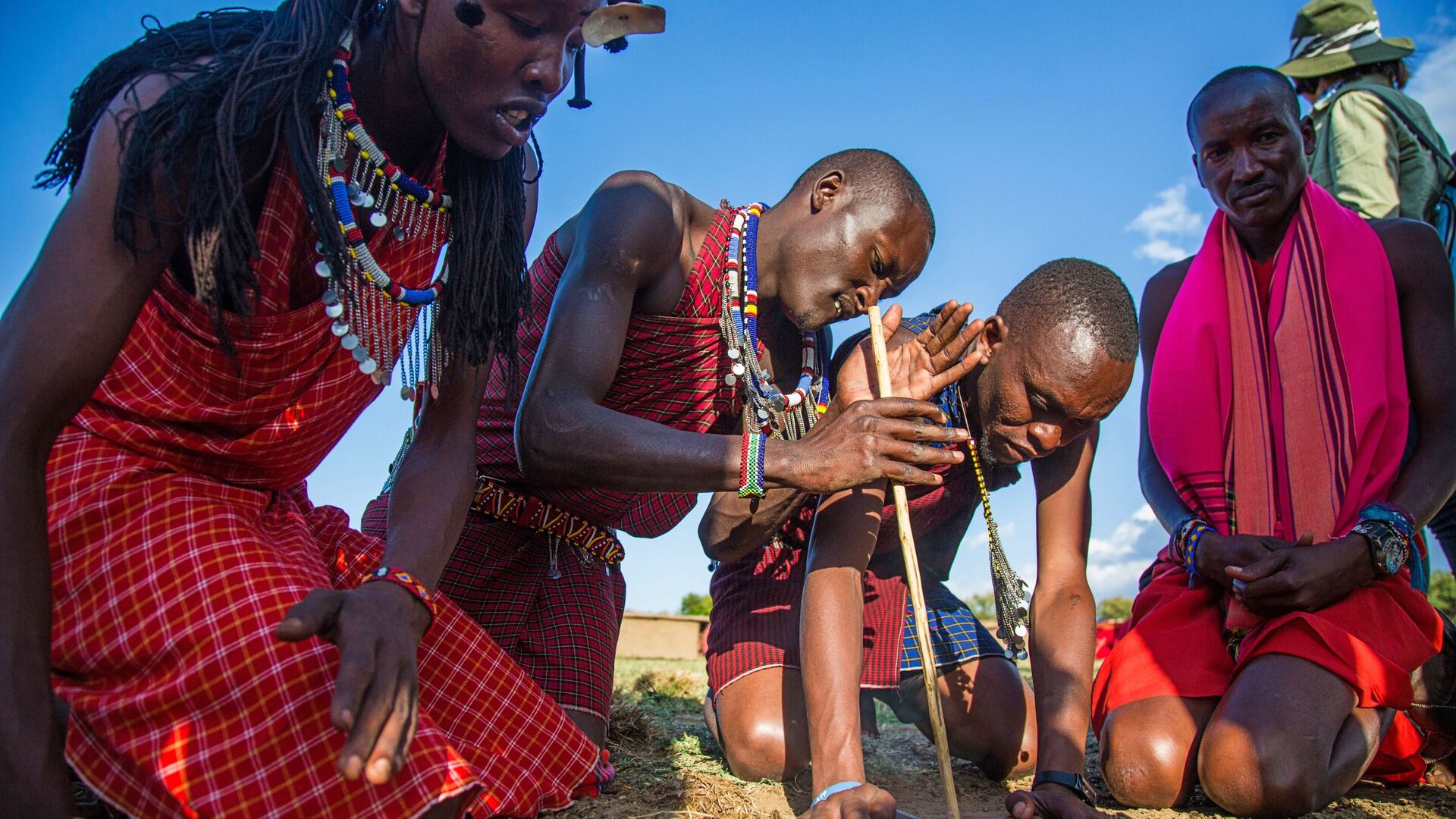‘Murder, Rape & Castrations’: British Police Chief Quit Over Colonial Abuses in Kenya, Docu Shows
09:47 GMT 15.08.2022 (Updated: 15:20 GMT 28.05.2023)

© Sputnik / Fayed El-Gesiri
/ Subscribe
Kenya was a late addition to the British colonial map in 1920. Between 1952 and 1960, Britain fought a war in Kenya against the Mau Mau, a movement that fought for independence from colonialism, but was suppressed.
Failed attempts to expose alleged atrocities committed by colonial forces in Kenya during the Mau Mau uprising between 1952 and 1960 forced a former British police commissioner to quit, a new documentary has revealed.
The documentary, titled 'A Very British Way of Torture', sheds light on the violence that unfolded as Britain fought a war against the rebellious Mau Mau movement in Kenya, a latecomer to its colonial map in 1920.
Evidence proving abuses such as systematic torture, murder, rape and forced castration at detention camps used to suppress the independence movement brutally was concealed for decades, the documentary states.
However, fresh proof was pieced together using survivor testimony and expert analysis by a team of British and Kenyan historians. The team also revealed that they were able to get access to a secret archive, hidden at a facility used by MI5 and MI6, and lending further credibility to the allegations.
Among the newly gathered evidence is a letter from the commissioner of police for Kenya, Arthur Young.
Young, previously of the Metropolitan police, had been sent to Kenya to investigate alleged abuses by the British colonial officers. As Young dug up an increasing number of human rights abuses and presented the cases to the ministry of legal affairs in Kenya and the attorney general, he ultimately learnt that the investigations had been shut down.
The discovery forced Young to resign, penning a scathing letter lambasting the administration in Kenya and the UK for hampering his job. The resignation letter, concealed from public record, had later been substituted by a watered-down version, the documentary added.
“A Very British Way of Torture” - an excellent documentary on the institutionalised use of torture by British forces during the Mau Mau uprising, showcasing new research on colonial violence from my dear friend @NielsBoender | Thoroughly recommend! https://t.co/bWUQPVzG8S pic.twitter.com/nuKHljwmm3
— Bennett Nagtegaal (@BenNagtegaal) August 14, 2022
The documentary also offers insights into how the governor’s complaints committee within the Kenyan administration was used as a mechanism for keeping abuse allegations top secret.
“It goes to show the wider process by which the British government, together with the colonial administration, tried to stop people from discovering what people within the police knew was happening and knew was wrong,” Niels Boender, a University of Warwick historian, is cited by The Guardian as saying.
Boender’s research for the Imperial War Museum has been featured in the documentary, which abounds in illuminating archive footage.
“You often hear people say in Britain that it was acceptable by the standards of the time. And I think documents like this really illustrate that, no, people at the time knew this was wrong as well. It was a specific effort by people in the government and people in the colonial state to conspire to keep that out of the public record. That finding of the documentary is very significant,” he added.
The British government and representatives from the Kenyan independence movement finally met in 1960 to negotiate independence. The agreement called for a 66-seat Legislative Council, with 33 seats reserved for Black Kenyans and 20 for other ethnic groups.
Jomo Kenyatta was sworn in as Kenya’s Prime Minister on 1 June 1963, in preparation for the transition to independence, announced on 12 December that year.


